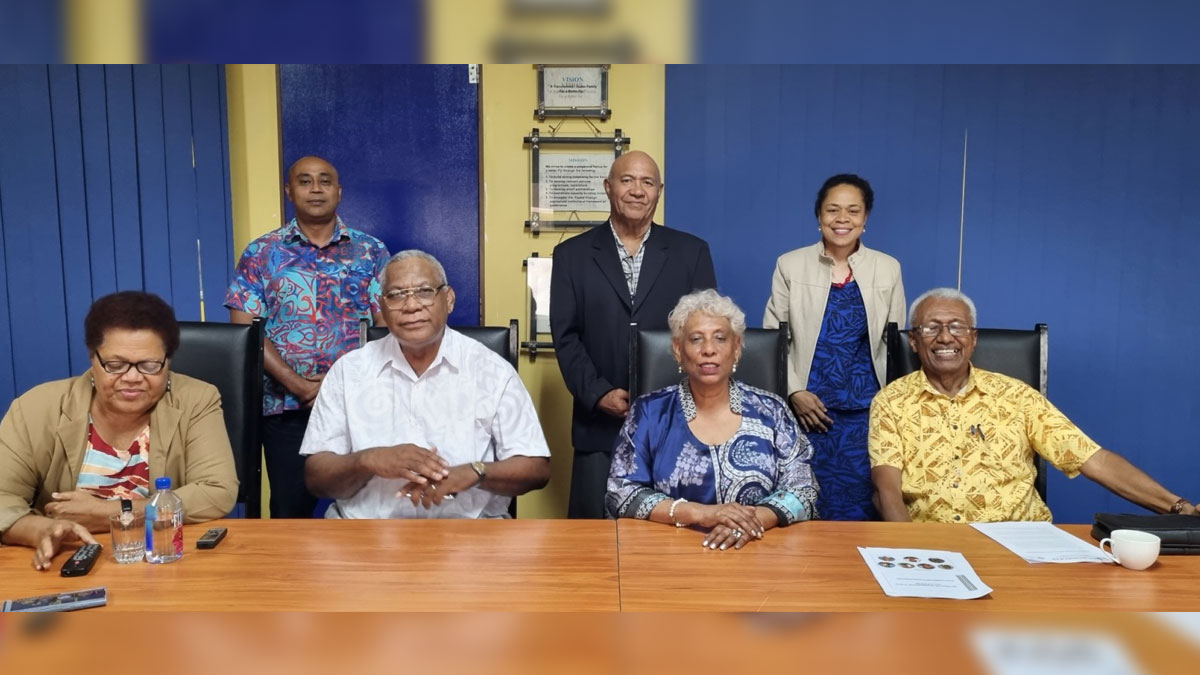
The University of Fiji says the only role they can see for the Great Council of Chiefs that will be meaningful in the 21st century and survive in centuries to come, is that of service.
Uni Fiji Vice-Chancellor Professor Shaista Shameem says if service is the main purpose of a king, based on the service to humanity rendered by Jesus Christ, they do not see how any organization that aims to provide leadership can do anything else but serve.
She says this is the true mark of leadership and indeed kingship - to serve and service is the sole meaningful role and purpose for anyone claiming leadership and authority whether traditional or modern.
Shameem says their submissions to the GCC Review Committee are based on the Terms of Reference (TORs) issued by the Secretariat to the Committee.
She adds they are to examine the role and structure of the GCC within a global and meaningful interconnected regional and global landscape to influence the behaviour and aspirations of the i-Taukei people.
The Vice-Chancellor says the University uses these Terms of Reference as focal points in their submissions and as a methodology, the University applies the perspective in order to find an appropriate structure for the GCC, its main role will need to be determined first as an organism’s role pre-determines its functional framework.
She says they also believe from the vast experience of their staff and after due consultation with the communities, that every organization needs to be reviewed in a timely or appropriately planned manner to remain relevant not only in its functions but also in its role.
Shameem says they feel that the GCC’s role is rather more important philosophically than its operational functions, though the two are linked.
She further says it has to be accepted that an organisation’s role can be transformed according to the exigencies of time and space and this means that what may be relevant as a role in a particular century or country or area may not be relevant in another time or space.
She adds to remain relevant, roles must be critically evaluated and assessed across the spectrum- for example for their vast demographics- namely youth, professionals, workers, farmers, fisherfolk, older people, people on the fringes of society, the wealthy and the impoverished.
The Vice-Chancellor says it has often been said that the GCC, originating in the Native Council, was a creature of the colonial British Government.
She says it is claimed that its role was mainly to protect the interests of the British after Cession and only vicariously to protect the interests of the i-Taukei people.
Shameem says the significance of the GCC in the 19th and 20th centuries does not necessarily mean that it will remain important in exactly the same way in the 21st century.
She adds they the GCC has to confront significant issues in its society, and some of these issues are the treatment of women and children in society, understanding the difference between leadership and management, education- formal and non-formal, creative and reflective, health and well-being, basic income, understanding difference, diversity and vulnerability, caring for land, sea and sky, finding a way through conflict, the nature of work and becoming a good ancestor.
The Vice-Chancellor says these 10 ‘human values’ points serve as the starting point for considering the role, purpose and functions of the GCC in the 21st century in their view, and the best way of addressing these issues is by looking at the GCC as a model of service.
Shameem says it is through this perspective that the structure of the GCC can be reformed and will survive for generations to come.
Stay tuned for the latest news on our radio stations

